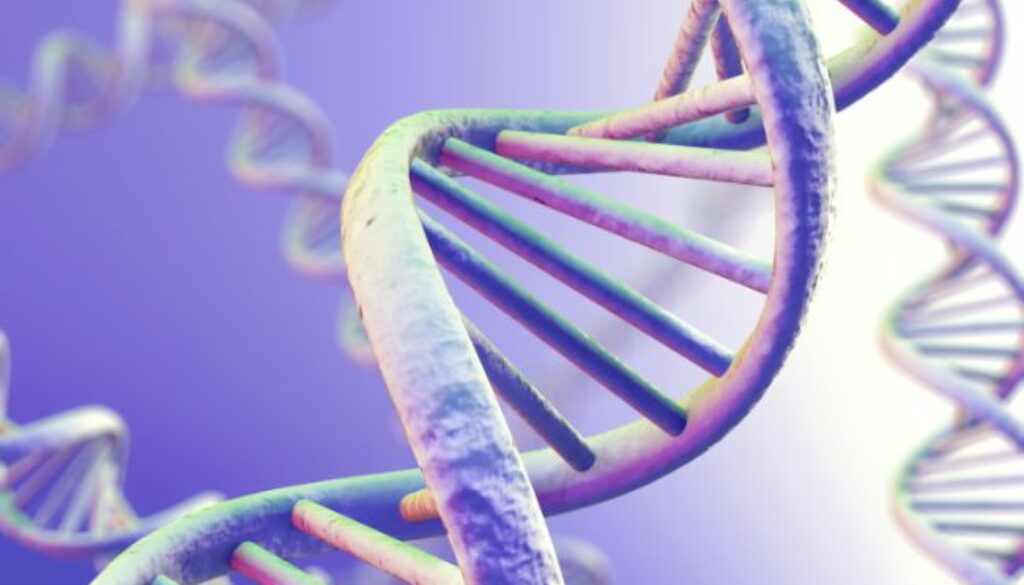The BRCA Gene: Should You Be Tested?
What is a BRCA Gene Mutation?
If a woman inherits a mutation on the BRCA1 or BRCA2 gene, her risk of developing breast and/or ovarian cancer increases greatly. These genes produce tumor-suppressing proteins that help repair damaged DNA. When these genes are mutated or do not function correctly, cells are more likely to transform into cancer. According to the National Cancer Institute, BRCA1 and BRCA2 mutations account for 5 to 10 percent of all cancers. While roughly 12 percent of women will develop breast cancer at some point in their lives, 55 to 65 percent of those with a BRCA1 mutation, and 45 percent of women with a BRCA2 mutation, will develop breast cancer! Incidentally, these mutations are more common in those of Ashkenazi Jewish descent, as well as those with ethnic connections to Norway, Iceland and the Netherlands.
Genetic Mutations
Genetic tests are available, but they may not be appropriate for every situation. Despite the publicity surrounding the BRCA1 and BRCA2 mutations, they are still relatively rare in the general population. Individuals who do not have cancer and do not have a family history of cancer would not be good candidates for testing. Your physician will be able to speak with you about the criteria for genetic testing and help you evaluate whether or not you are a candidate.
The best candidates for genetic testing are women who:
- Have family members with breast, ovarian, fallopian tube, or peritoneal cancer
- Have been diagnosed, or have had a family member diagnosed, with breast cancer before the age of 50
- Have multiple breast cancers in their family
- Have male family members diagnosed with breast cancer
- Have two or more types of BRCA1 or BRCA2-related cancers in a single family member
Women who do not have access to their family history — such as those who adopted as infants — may be considered for genetic testing by their physicians.




